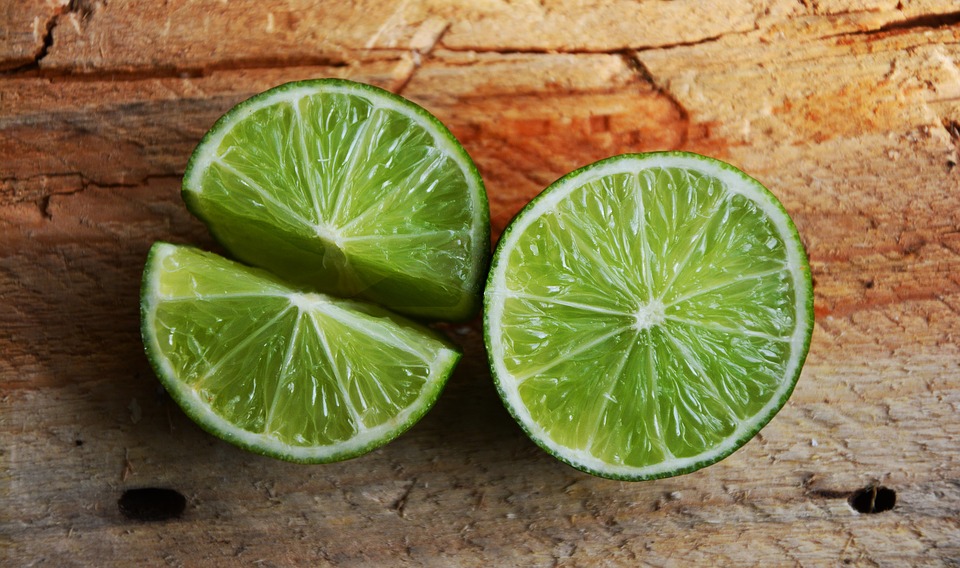Vitamin C or L-ascorbic acid is a nutrient found in food and dietary supplements. Vitamin C is a water-soluble essential vitamin. It is a very popular dietary supplement due to its antioxidant properties, safety, and low price. It is an antioxidant and also plays a key role in making collagen.
It may not be the cure for the common cold. But the benefits of vitamin C may include protection against immune system deficiencies and cancer also.
In the 1970s and 1980s, Nobel Prize winner Linus Pauling, together with surgeon Ewan Cameron, first hypothesized the clinical benefits of vitamin C for treating people with cancer.
Vitamin C has a patchy history as a cancer therapy, but researchers at the University of Iowa believe that is because it has often been used in a way that guarantees failure.
Most vitamin C therapies involve taking the substance orally. However, the UI scientists have shown that giving vitamin C intravenously and bypassing normal gut metabolism and excretion pathways creates blood levels that are 100 - 500 times higher than levels seen with oral ingestion. It is this super-high concentration in the blood that is crucial to vitamin C's ability to attack cancer cells.
Cancer cells are much less efficient in removing hydrogen peroxide than normal cells. Thus, cancer cells are much more prone to damage and death from a high amount of hydrogen peroxide. The very, very high levels of vitamin C used in our clinical trials do not affect normal tissue, but can be damaging to tumor tissue.
According to DailyMail.co.uk, super-strength vitamin C doses could be a way to fight leukaemia, 'exciting' early trials suggest. Found in high levels in oranges, peppers and kale, scientists believe it encourages blood cancer stem cells to die.
Faulty stem cells in bone marrow often multiply, fueling the growth of fatal tumours, but vitamin C tells them to die, scientists claim. But they warned it is impossible to get the required amount through fruit, and that such high quantities would be given intravenously.
Source: webmd.com, University of Iowa Health Care, medicalnewstoday.com, DailyMail.co.uk
